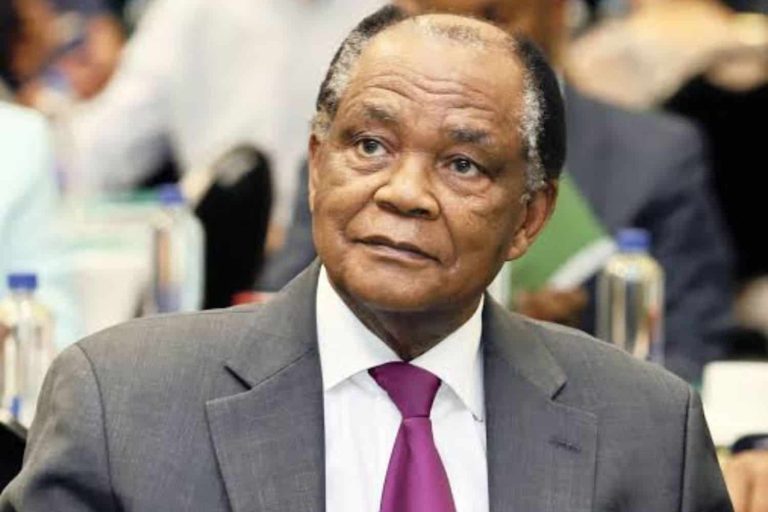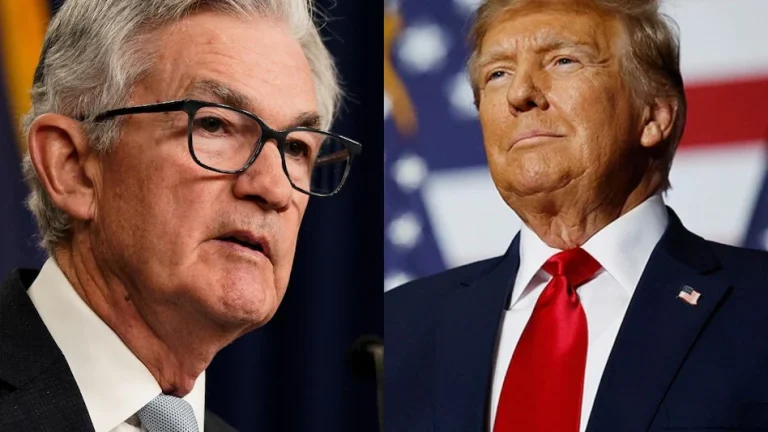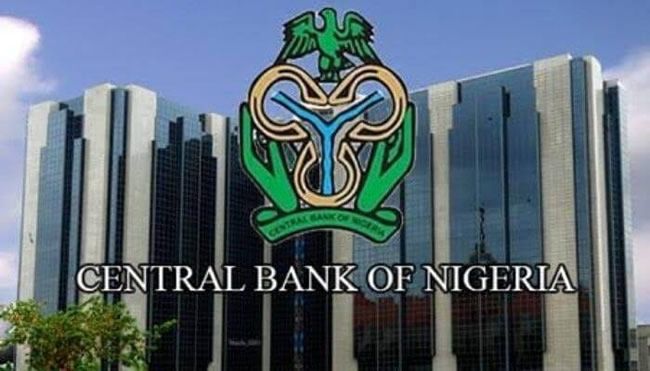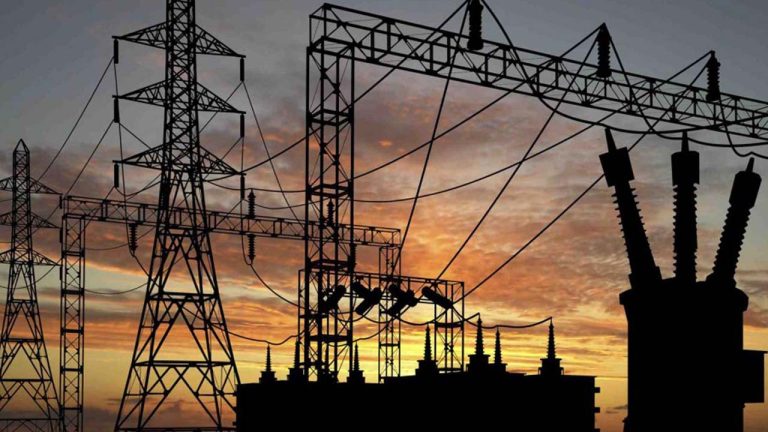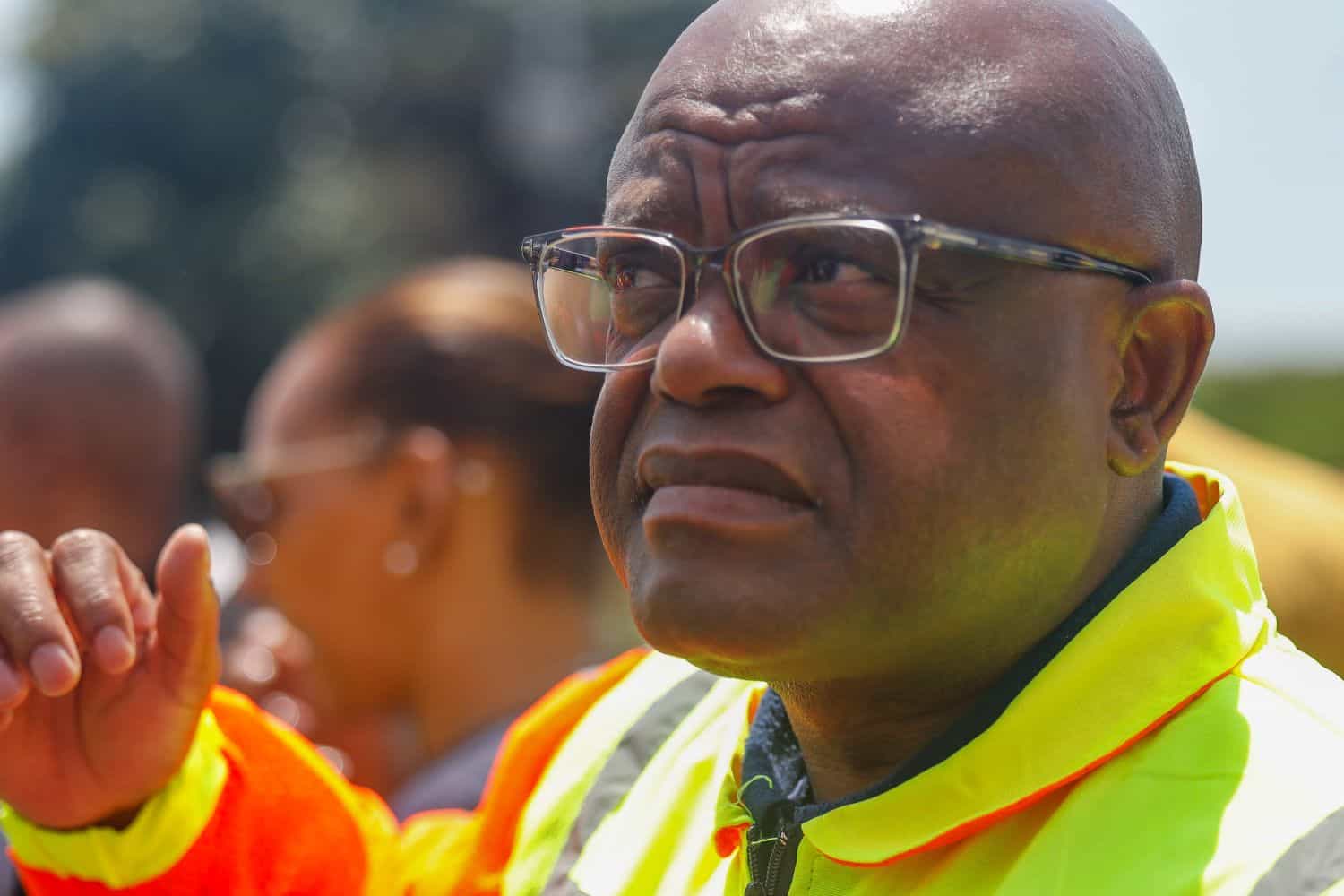
More than 300 informal traders from the original list of more than 500 have failed to qualify for permits in Johannesburg’s inner city, with officials citing illegal immigration status and missing documentation as primary reasons for disqualification.
The City of Johannesburg on Tuesday announced it had verified and approved only 161 traders, following a two-week verification process mandated by the South Gauteng High Court.
The court order, delivered by Judge Brad Wanless, required the metro to complete the registration process by 18 November after the Socio-Economic Rights Institute of South Africa (Seri) challenged the removal of informal traders operating illegally or outside designated areas.
Mayor Dada Morero revealed that of the 161 approved traders, 44 would receive their smart cards immediately, with the remainder to be issued by Friday. “We have verified and cleared at least a list of 161,” Morero said during a media briefing in the CBD.
“The rest of the balance will be issued their smart card by Friday, and they will be allocated to their stalls.”
Missing informal traders raise illegality concerns
The verification process, which began on 4 November, exposed significant discrepancies in the original list provided by Seri.
Morero explained that the initial figure of approximately 720 traders was reduced to just over 500 after duplications were removed, but only a fraction of them presented for verification.
“Among those that did not show up, it means the following: they are illegal and undocumented,” Morero stated.
“The list of over 500 did not have ID numbers and passports, which then confirms that the reason they did not come through is because they are illegal and undocumented.”
Mayoral committee member for economic development, Nomoya Mnisi, said the low turnout confirmed the city’s position on illegal trading.
“The list that was provided to us by Seri does not have ID numbers, does not even have passport numbers. So we were unable to confirm if these people were South Africans or non-South Africans until they came through for the verification process,” Mnisi said.
ALSO READ: Joburg to fast-track informal trader verification after court ruling
Breakdown of approved traders
According to the mayor, of the 161 verified traders, 67 are naturalised South African citizens who recently completed the naturalisation process through the Department of Home Affairs, while 72 are South African-born citizens.
Additionally, nine individuals were disqualified because they hold passports with 90-day visitor permits that do not allow them to trade in the country.
“Remember, when you visit their country, they’re given a visa permit or visa which expires in 90 days. So basically, they do not qualify to be allocated or to trade,” Morero explained. “So once they have expired, then they must go back home because they are visiting here.”
An additional 13 traders received what officials termed “suspense permits” while the city verifies their claims to stalls previously owned by deceased family members.
These traders must provide proper documentation before being allocated trading spaces.
Space constraints hamper full allocation
The city faces significant challenges in accommodating all approved traders.
Morero acknowledged the shortfall but indicated the city is exploring options to create additional trading spaces.
“At current, we’re sitting at about 208 stalls… We are still looking at other areas; if we can still continue to allocate. But it is also important to note that we may not have the capacity to allocate throughout the city of Johannesburg,” Morero stated.
Mnisi revealed the city has a long-term strategy to acquire privately owned spaces and convert them into proper trading markets.
“By the time we acquire [them], which is our long-term strategy, we want to have proper markets and buildings where people can have proper shops and [where] they can build their business in the city.”
The situation is further complicated by health and safety regulations requiring food vendors to be positioned six meters apart, in accordance with emergency medical services standards and fire regulations.
Morero explained, “We’re still trying to find proper space, because our stalls are not six meters apart.”
ALSO READ: ‘South Africans only’: Morero stands firm as City of Joburg and informal traders’ clash in court
New applications add pressure
The city has received 2 819 new applications from individuals wanting to start trading businesses in Johannesburg’s inner city, adding further pressure on limited resources.
Officials said they are investigating alternative markets and locations to accommodate the demand.
Morero emphasised that the city would continue its programme to regulate trading across the inner city.
“This was our first project, which has been successful. We will be moving into other areas that are not designated for trading, but there is illegal trading, so we will be dealing with those,” he said.
Subletting declared illegal
The mayor issued a stern warning against the subletting of trading spaces, declaring the practice illegal and subject to permit revocation.
“If you sublet, you run the risk of your license or your permit being revoked,” Morero said. “We are clear about it because what then happens is citizens get a stall, get a smart card, then decide to go and sublet to somebody else. And that defeats the purpose of empowering citizens of South Africa.”
Officials revealed that investigations are underway into individuals accused of operating subletting syndicates and collecting unauthorised rent from traders.
He said people were paying between R400 and R600 for sublet stalls.
“They’ve been paying this amount of money to South Africans. So we’ve asked our department to help us investigate certain individuals that were pointed out who were making money out of this process.”
Legal teams to review progress
Mnisi confirmed that legal representatives from both the city and Seri would meet following the completion of the 14-day deadline to review the implementation process.
“They will then indicate if Seri is also pleased with how we have been implementing the agreements. If they are not, we will then be going for mediation.”
The ruling came after Seri argued that traders had been treated unfairly and that their rights to trade and earn a living had been violated when the city removed them from the streets. The court’s judgment affirmed the metro’s authority to regulate street trading while protecting the rights of legitimate traders.
The 161 approved traders are expected to begin operating immediately, with stall allocations commencing Tuesday and full deployment targeted for the end of November.
NOW READ: ‘We’re making Joburg great again’: Morero insists city clean up not just to impress G20 leaders
